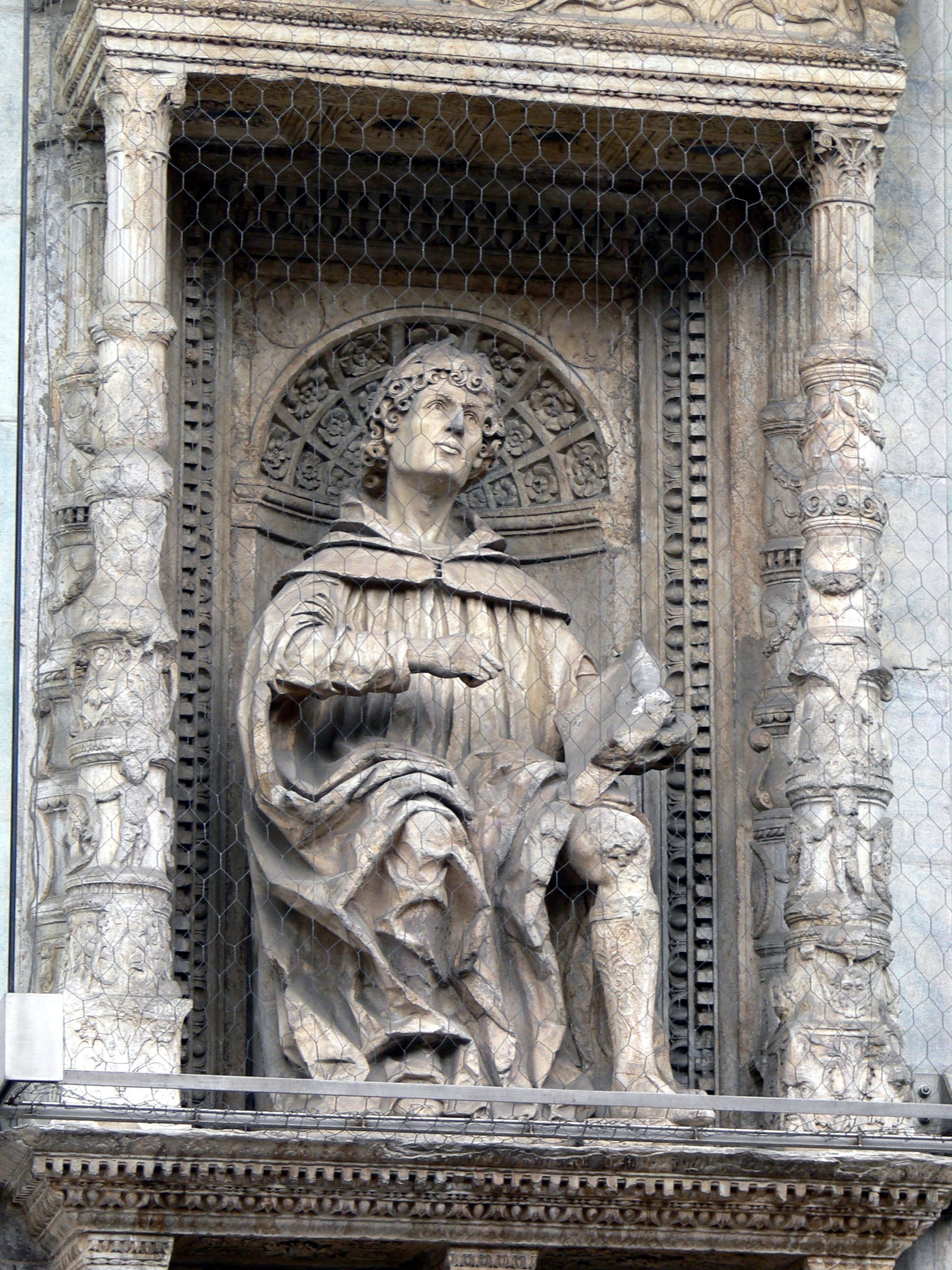His only fault is that he has no fault.

"Gaius Plinius Caecilius Secundus", born "Gaius Caecilius" or "Gaius Caecilius Cilo", better known as "Pliny the Younger", was a lawyer, author, and magistrate of Ancient Rome. Pliny's uncle, Pliny the Elder, helped raise and educate him. Both Pliny the Elder and Younger were witnesses to the eruption of Vesuvius on August 24, 79 AD, during which the former died.
Pliny wrote hundreds of letters, many of which still survive, that are of great historical value for the time period. Some are addressed to reigning emperors or to notables such as the historian Tacitus. Pliny served as an Executive magistrates of the Roman Empire/imperial magistrate under Trajan (reigned 98–117), and his letters to Trajan provide one of the few surviving records of the relationship between the imperial office and provincial governors.
Pliny was considered an honest and moderate man. He rose through a series of Imperial civil and military offices, the cursus honorum. He was a friend of the historian Tacitus and employed the biographer Suetonius on his staff. Pliny also came into contact with other well-known men of the period, including the philosophers Artemidorus and Euphrates the Stoic/Euphrates during his time in Syria.
More Pliny The Younger on Wikipedia.That indolent but agreeable condition of doing nothing.
There is nothing to write about, you say. Well then, write and let me know just this - that there is nothing to write about; or tell me in the good old style if you are well. That's right. I am quite well.
An object in possession seldom retains the same charm that it had in pursuit.
However often you may have done them a favour, if you once refuse they forget everything except your refusal.
Copyright © 2024 Electric Goat Media. All Rights Reserved.